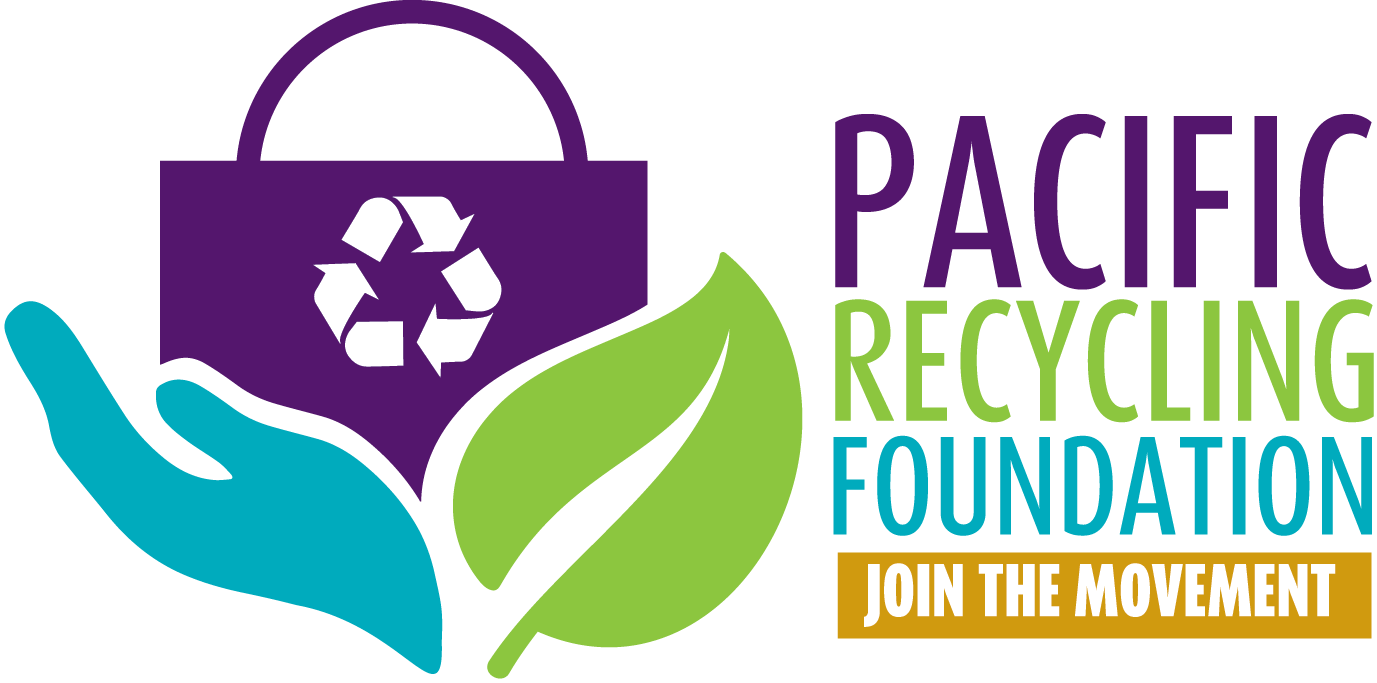Collection Pillars of Recycling encounter numerous challenges, including social isolation, discrimination, safety concerns, and limited access to basic necessities and essential services – Deo
Launch of PRF’s National Mapping Exercise for Collection Pillars of Recycling in Fiji (March 8th, 2024)
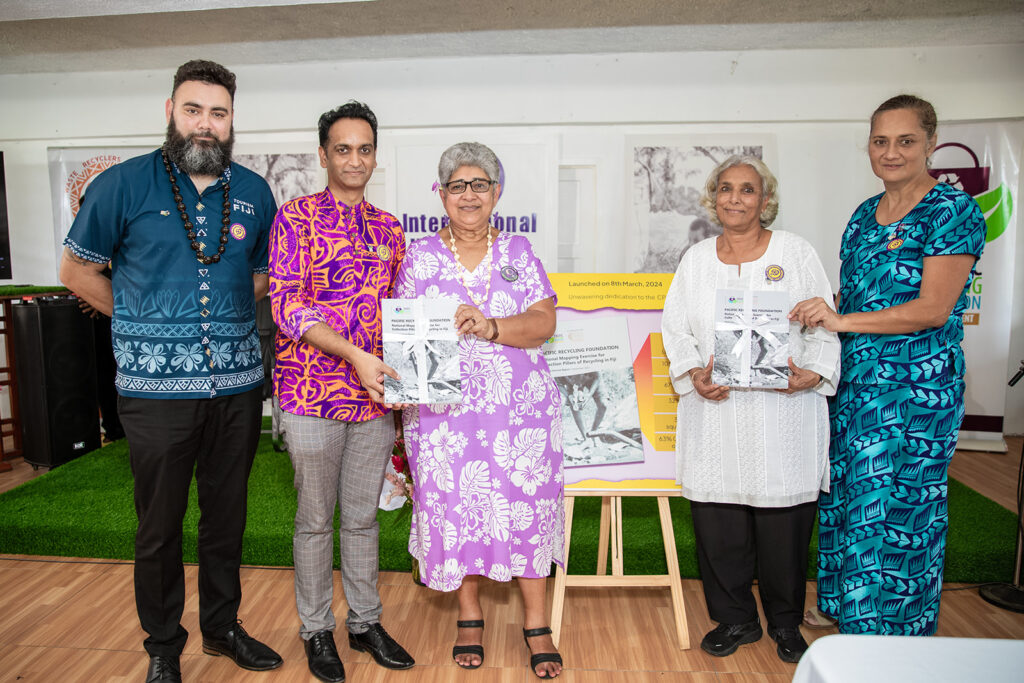
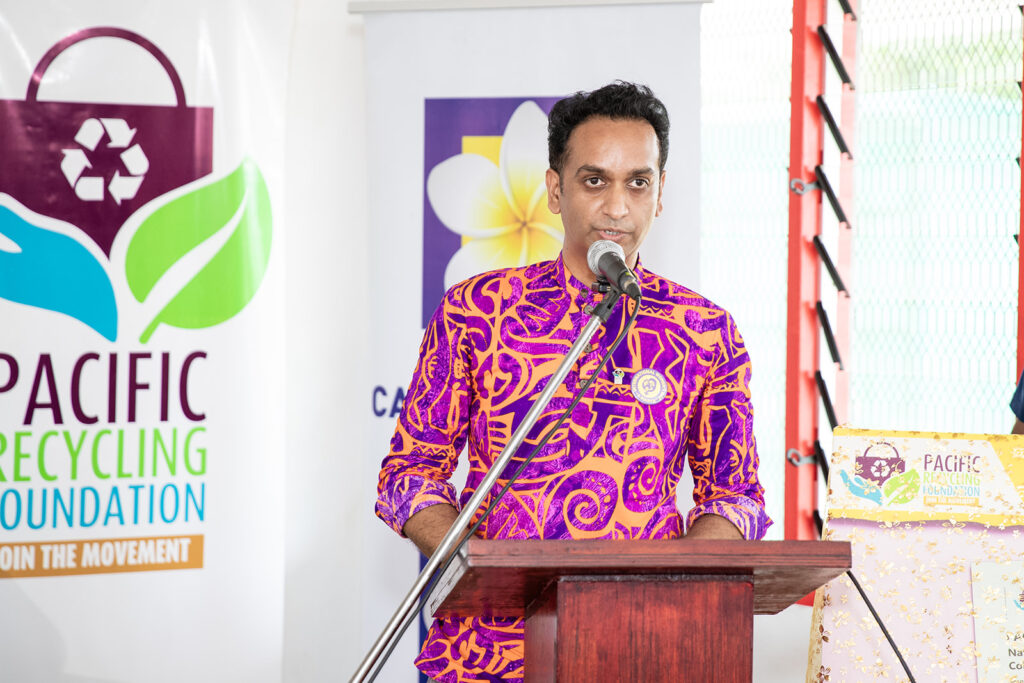
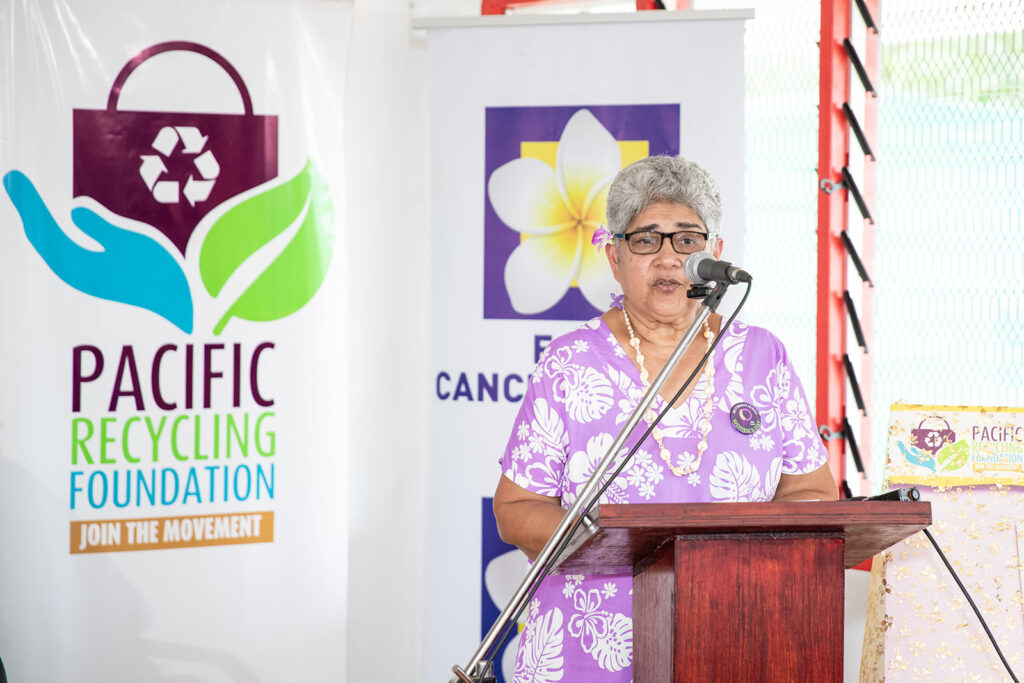
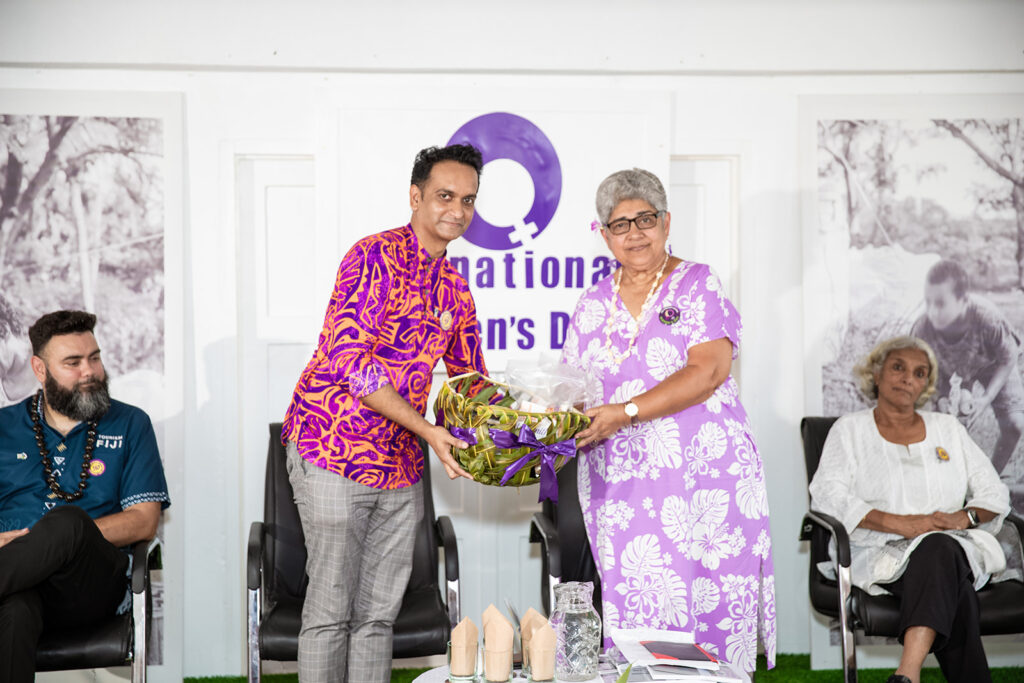
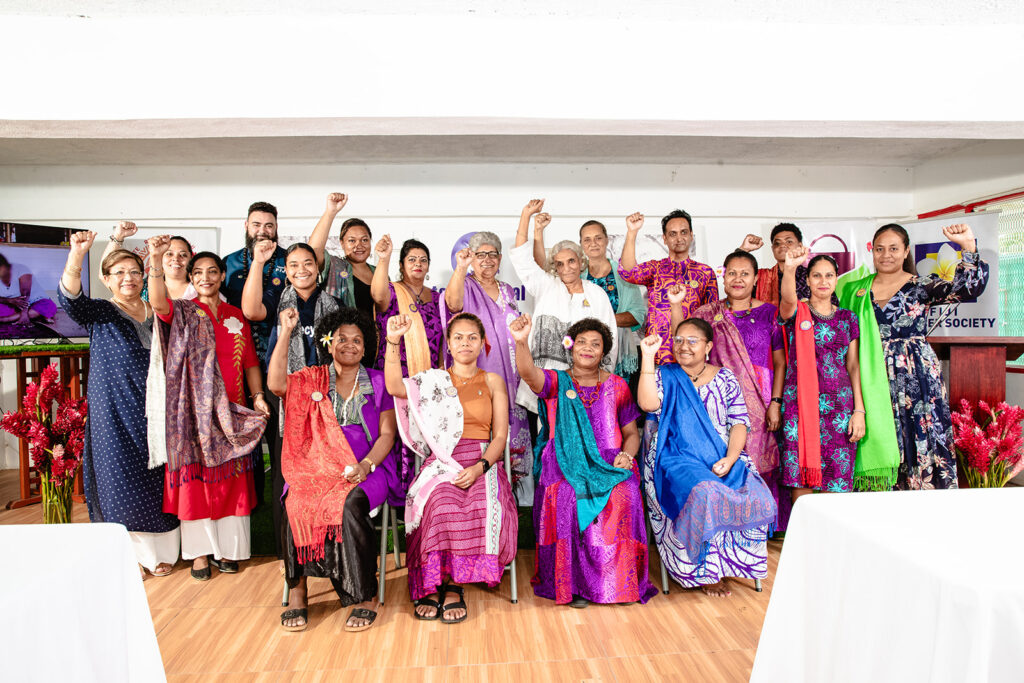
The Pacific Recycling Foundation (PRF) in collaboration with Women in Informal Employment: Globalizing and Organizing (WIEGO) launched its ‘National Mapping Exercise for Collection Pillars of Recycling in Fiji’ – the 4th one done globally – this report serves as a valuable resource for understanding the intricate dynamics of waste collection in the country.
The report presents a comprehensive analysis of Fiji’s waste collection landscape which sheds light on the lives, challenges, and contributions of the CPR.
The mapping exercise which was conducted in 2023 saw a total of 1059 CPR interviewed across Fiji.
PRF Founder, Mr. Amitesh Deo says out of the 1059 a total of 67% of CPR identified as iTaukei while 29% were Indo-Fijians.
“This report is a testament to our commitment to shedding light on these often-hidden narratives. Through meticulous data collection, intimate conversations, and firsthand experiences shared by our dedicated team, we have endeavored to provide a comprehensive picture of the lives, aspirations, and hardships faced by these individuals across Fiji,” said Mr. Deo.
Other data collected revealed that 46% of CPR are women and members of the LGBTQI+ Community, 32% earn less than $100 weekly, 32% live in squatter settlements and 63% depend entirely on informal waste-picking.
“The report reveals that CPR in Fiji plays a critical role in the informal waste management sector. They are involved in various activities, including collecting glass and PET bottles, scrap metal, and waste from dumpsites, public, and commercial spaces,” said the PRF Founder.
Mr. Deo said the motivations driving individuals to become CPR vary, with some following family traditions, while others are attracted by the flexibility and adaptability of this occupation.
“CPR encounters numerous challenges, including social isolation, discrimination, safety concerns, and limited access to basic necessities and essential services. Elderly abuse is a prevalent issue, particularly impacting elderly waste pickers who face neglect and abandonment.”
He said the report also puts forth a range of recommendations to address these challenges.
Mr. Deo extended his heartfelt gratitude to the entire team at PRF, partners – WIEGO, Tourism Fiji, Fiji Women’s Crisis Centre, Asco Motors Fiji, FMF, Fiji Cancer Society, Department of Environment, municipal councils, and Vivid Media.
He said the unwavering commitment of PRF’s partners to this cause brought this report to fruition.
“To the CPR who opened their lives and shared their stories, your resilience and determination are inspiring. As we move forward, may this report serve as a catalyst for change, a guiding light that propels us toward a future where CPR are not just seen but celebrated for their invaluable contributions to our society,” Mr. Deo added.
The launch was officiated by Fiji Women’s Crisis Centre Coordinator, Ms. Shamima Ali.
Overview of PRF's Mapping Exercise
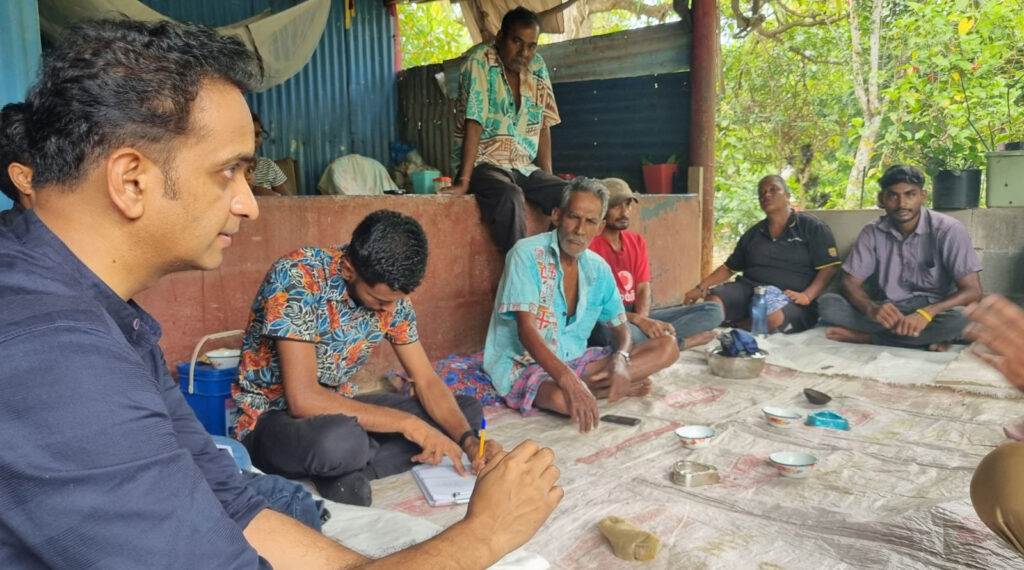
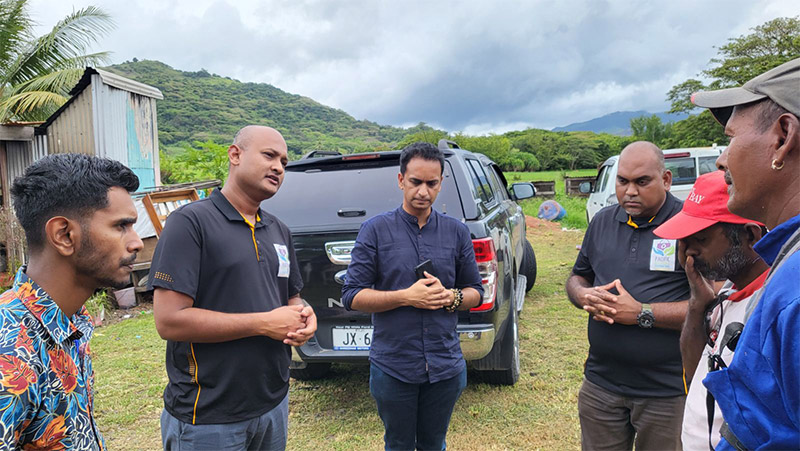
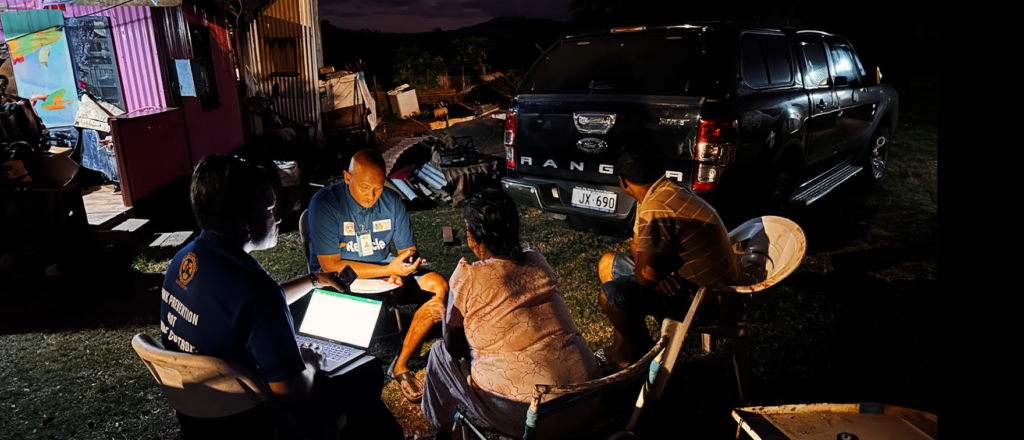
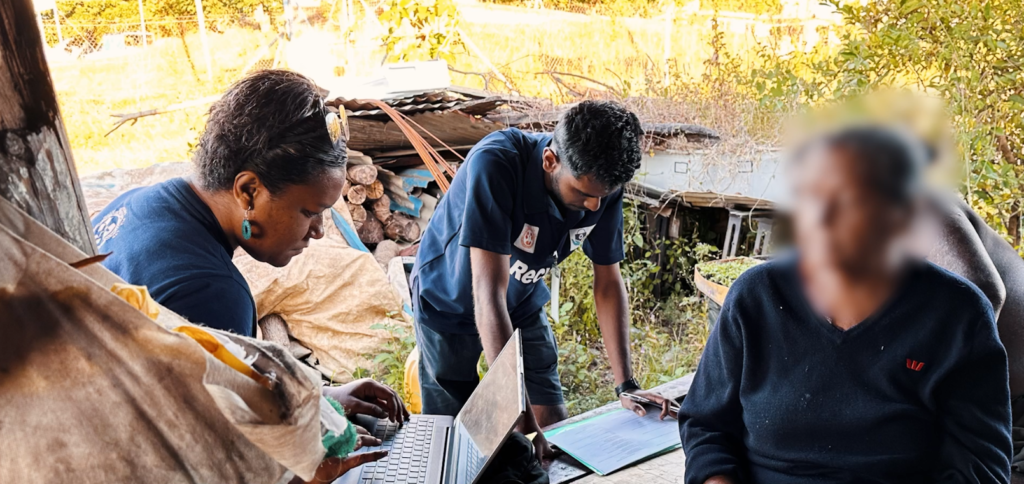
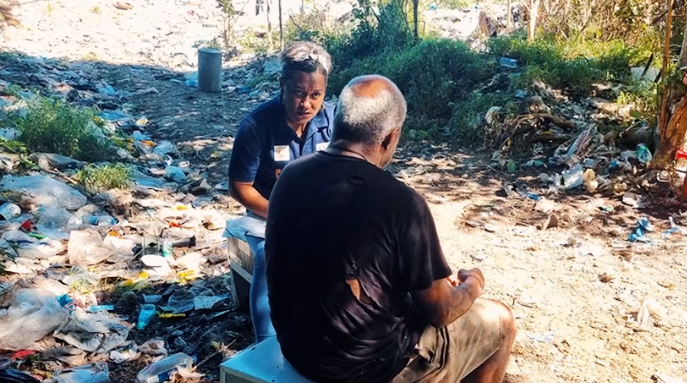
Our project on mapping the informal waste collection sector in Fiji was aimed at shedding light on an important but often overlooked aspect of waste management. This project was funded by Women in Informal Employment: Globalizing and Organizing (WIEGO) which is a global network focused on empowering the working poor, especially women, in the informal economy to secure their livelihoods.
The informal waste collection sector, comprised mainly of waste pickers who are now known as Collection Pillars of Recycling, plays a crucial role in keeping our communities clean and reducing the amount of waste that ends up in landfills and dumpsites or our oceans. These workers often face significant challenges, including a lack of recognition and support, low wages, and limited access to resources and equipment.
Pacific Recycling Foundation was and continues to be committed to bringing attention to the challenges faced by Collection Pillars of Recycling and advocating for their rights. Through this project, we created a comprehensive database of those involved in waste picking in Fiji, which will be useful for policymakers, researchers, and other stakeholders.
Upon completion of the project, 1,059 people have so far been captured in the Pacific Recycling Foundations Mapping Exercise of the Waste Collection Sector in Fiji, comprising 472 females, 570 males, and 17 belonging to the LGBTQI+ community.
Of the 1,059 individuals, 675 are fully dependent on waste collection as their primary source of income while 379 individuals stated that their secondary source of income is derived from waste picking.
Many of these individuals do not have access to clean water, toilets, and hygienic places to have meals while waste picking and 186 people revealed they use bushes as their toilet.
The Mapping Exercise also discovered that 47 percent of those involved in the waste-picking sector are over the age of 55 with the oldest being 74.
Some senior citizens have ended up on the streets and resorted to waste picking to make a living as a direct result of elder abuse, social isolation, absence of family support and connections, and financial support.
PRF continues to work closely with Collection Pillars of Recycling, community-based organizations, and other stakeholders to collect data on their socio-economic and environmental conditions, including their living conditions, access to basic amenities, and work-related challenges.
[Last Update: 6th May 2024]
To read more on the Mapping Exercise report, please visit: PRF’s Mapping Exercise Report
